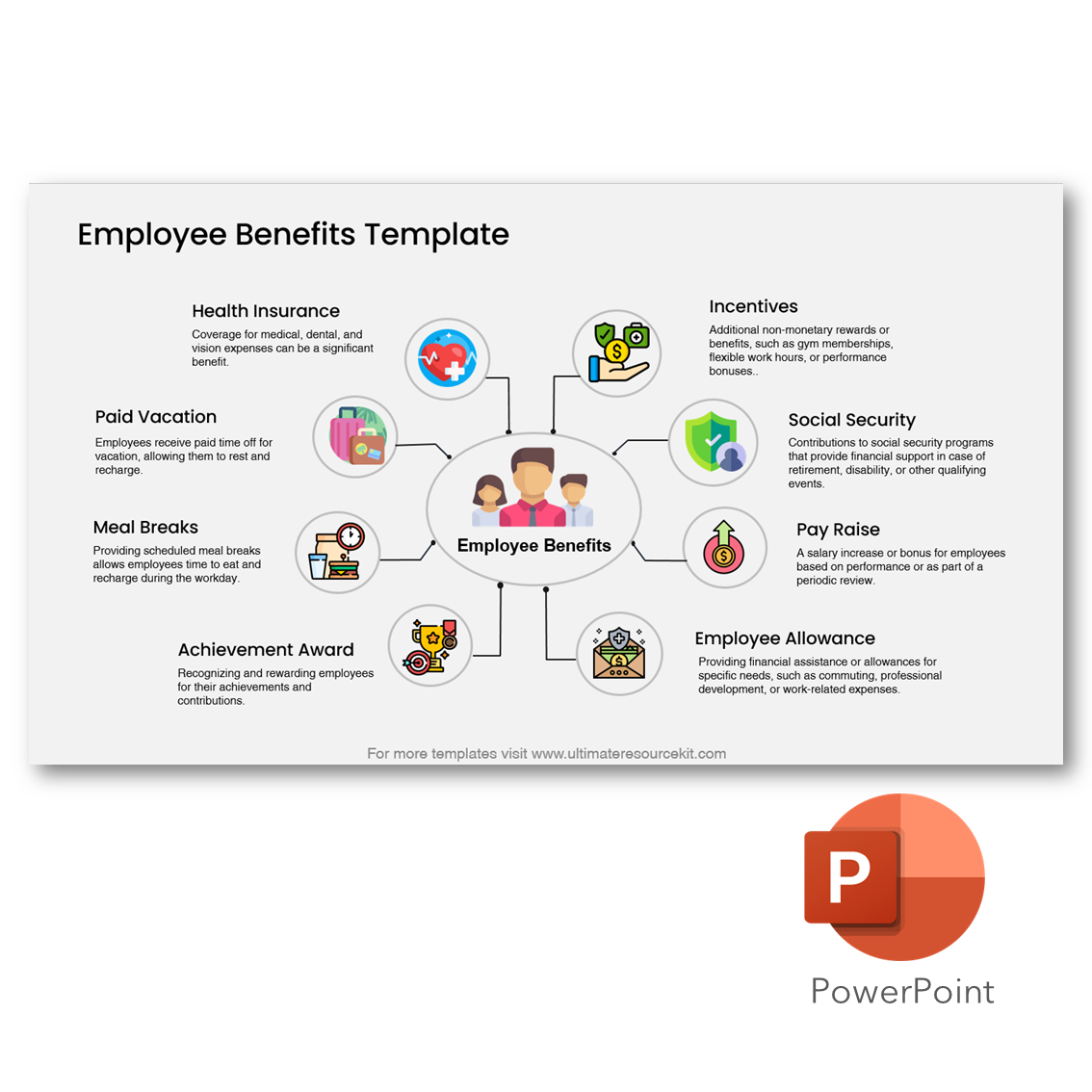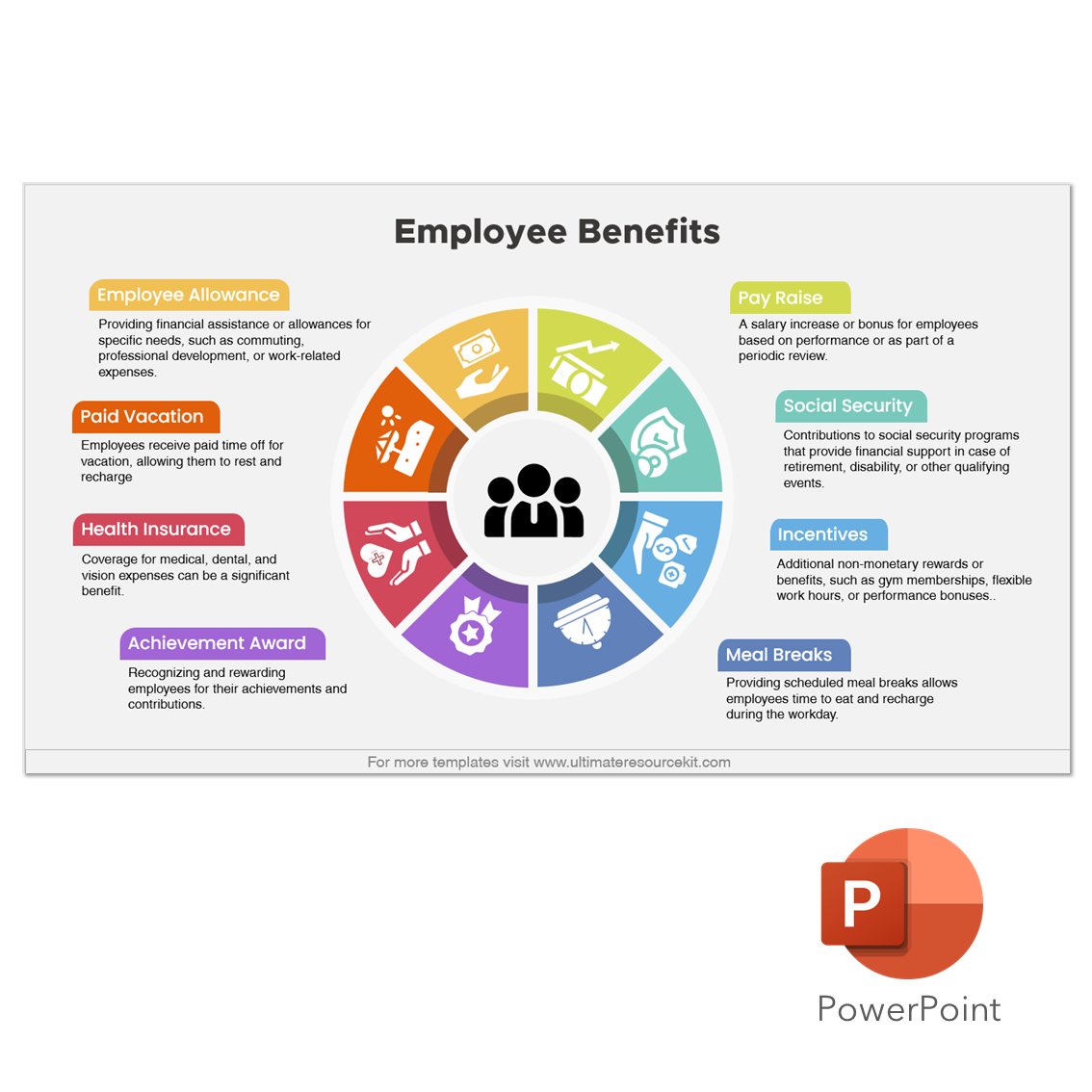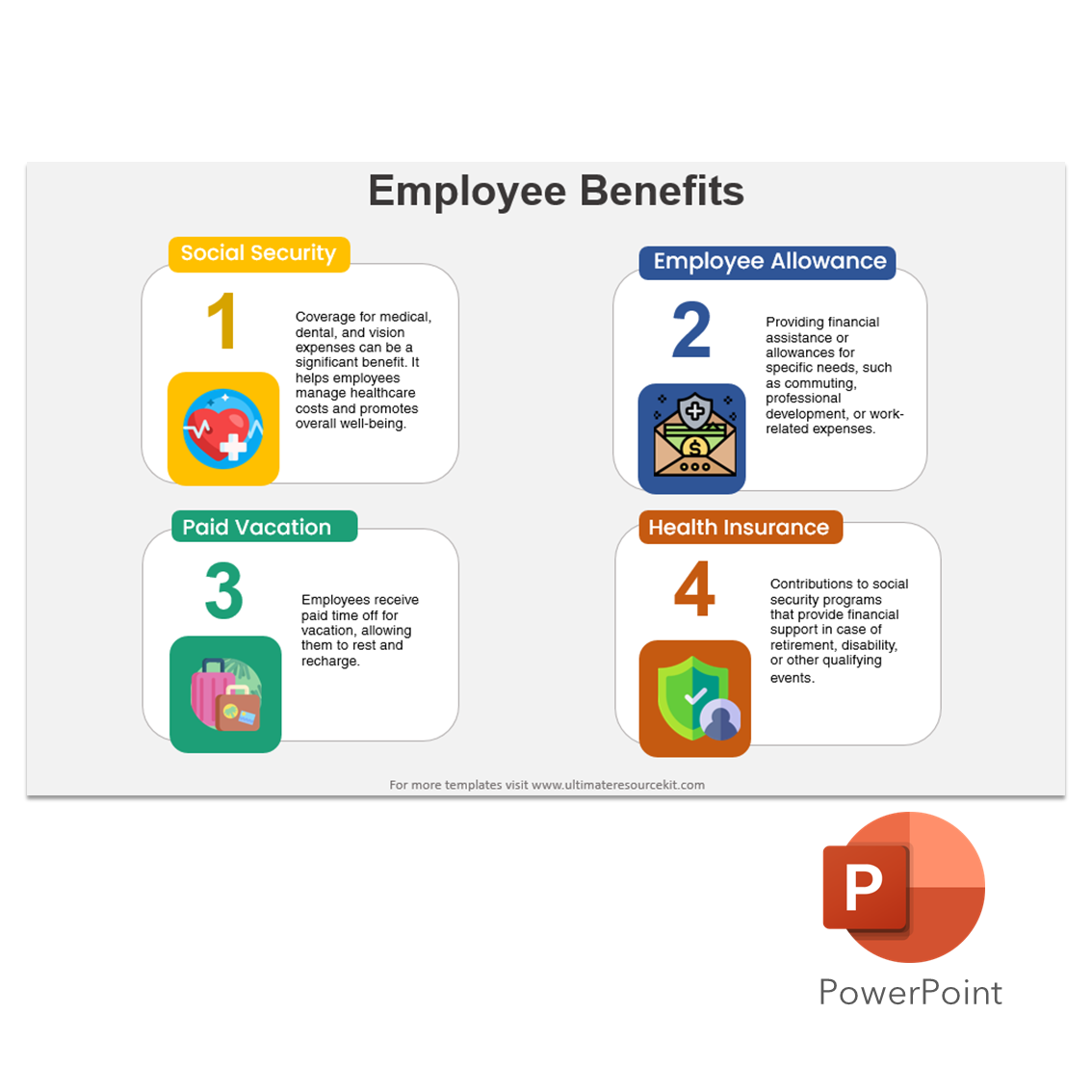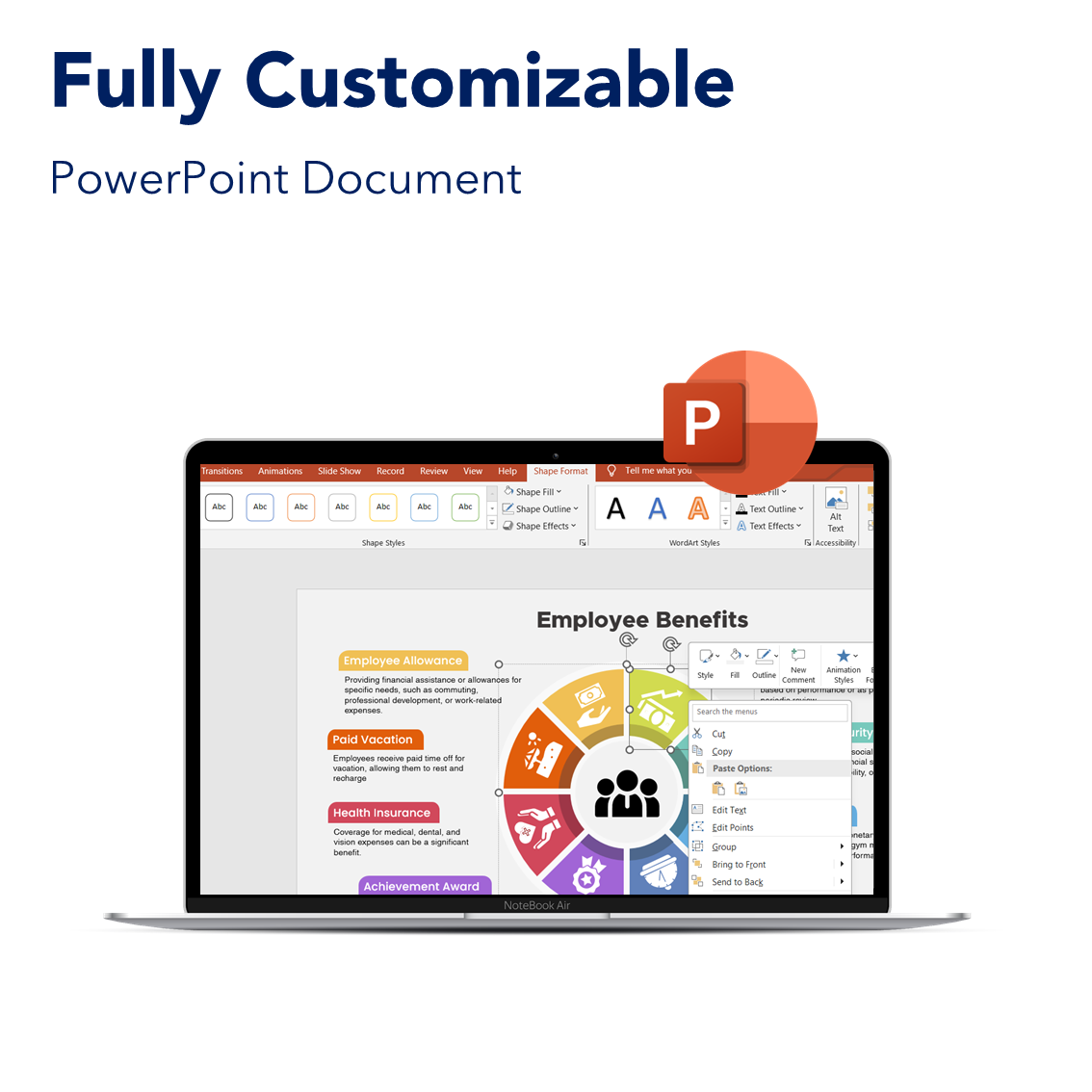











Employee benefits play a crucial role in fostering a positive work environment, enhancing job satisfaction, and promoting overall well-being. A comprehensive benefits package reflects an employer's commitment to the welfare of its workforce, contributing to employee retention, recruitment, and productivity. Here's a detailed overview of various benefits:
1. Health Insurance:
One of the most valued benefits, health insurance provides employees with access to medical care, preventive services, and prescription medications. It safeguards their physical well-being and provides financial security by covering a significant portion of healthcare costs. This benefit is instrumental in attracting and retaining top talent, as employees appreciate the peace of mind that comes with comprehensive health coverage.
2. Paid Vacation:
Paid vacation time is an essential component of a benefits package, offering employees the opportunity to recharge, spend quality time with family and friends, and maintain a healthy work-life balance. This benefit not only enhances overall job satisfaction but also contributes to increased productivity and reduced burnout.
3. Meal Breaks:
Taking breaks for meals is crucial for maintaining energy levels and sustaining focus throughout the workday. Employers who provide designated meal breaks demonstrate a commitment to their employees' physical and mental well-being. This simple yet essential benefit fosters a positive workplace culture that values the importance of regular breaks for optimal performance.
4. Achievement Award:
Recognition is a powerful motivator, and achievement awards acknowledge and celebrate employees' hard work, dedication, and accomplishments. These awards can take various forms, such as certificates, trophies, or monetary bonuses. Recognizing and rewarding achievements not only boosts morale but also encourages a culture of excellence within the organization.
5. Incentives:
Incentive programs, such as performance bonuses or profit-sharing, provide employees with tangible rewards for their contributions to the company's success. These programs not only motivate employees to perform at their best but also align their individual goals with the organization's objectives, fostering a sense of shared success.
6. Social Security:
Social security benefits, including retirement plans and disability insurance, contribute to employees' long-term financial security. By offering a comprehensive social security package, employers help employees plan for their future, build financial stability, and ensure they are supported in times of need.
7. Pay Raise:
Competitive salaries and regular pay raises demonstrate an employer's commitment to recognizing the increasing value and skills of its workforce. A well-structured and transparent compensation system not only attracts top talent but also promotes employee loyalty and engagement.
8. Employee Allowance:
Providing employees with allowances, such as a transportation allowance or technology stipends, helps ease the financial burden associated with work-related expenses. This benefit demonstrates an employer's understanding of the practical challenges employees may face and contributes to overall job satisfaction.
In Conclusion, a robust benefits package that encompasses health and wellness, financial security, recognition, and work-life balance is a cornerstone of a positive workplace culture. Employers who prioritize and invest in the well-being of their employees not only create a more attractive and competitive work environment but also foster a loyal and motivated workforce poised for long-term success.